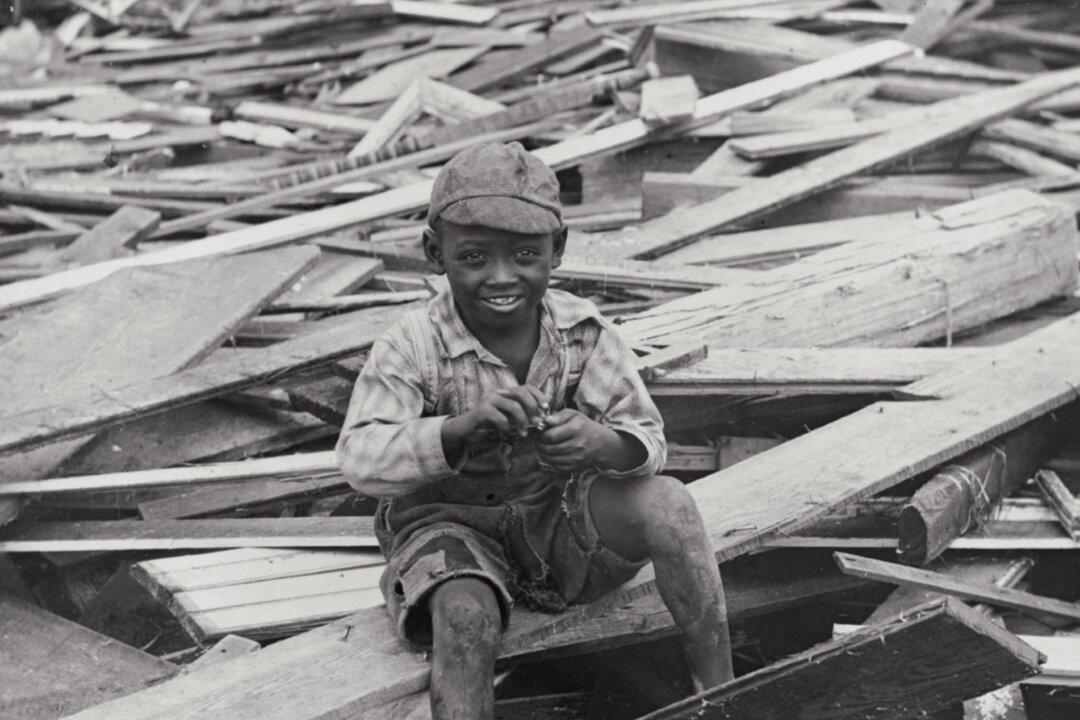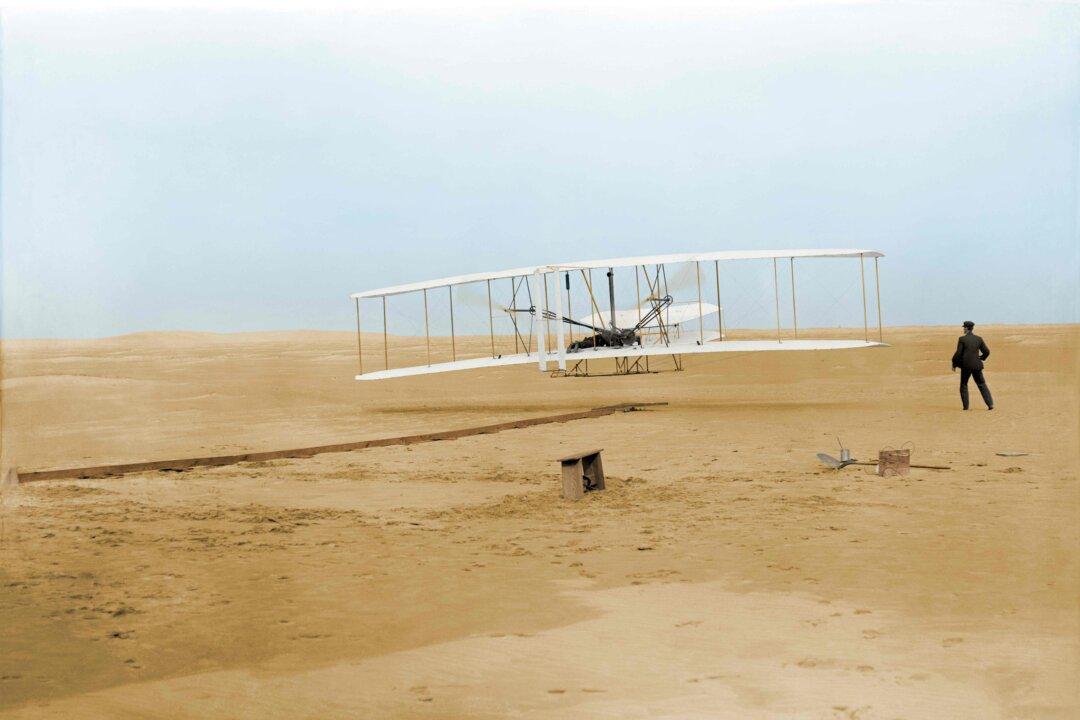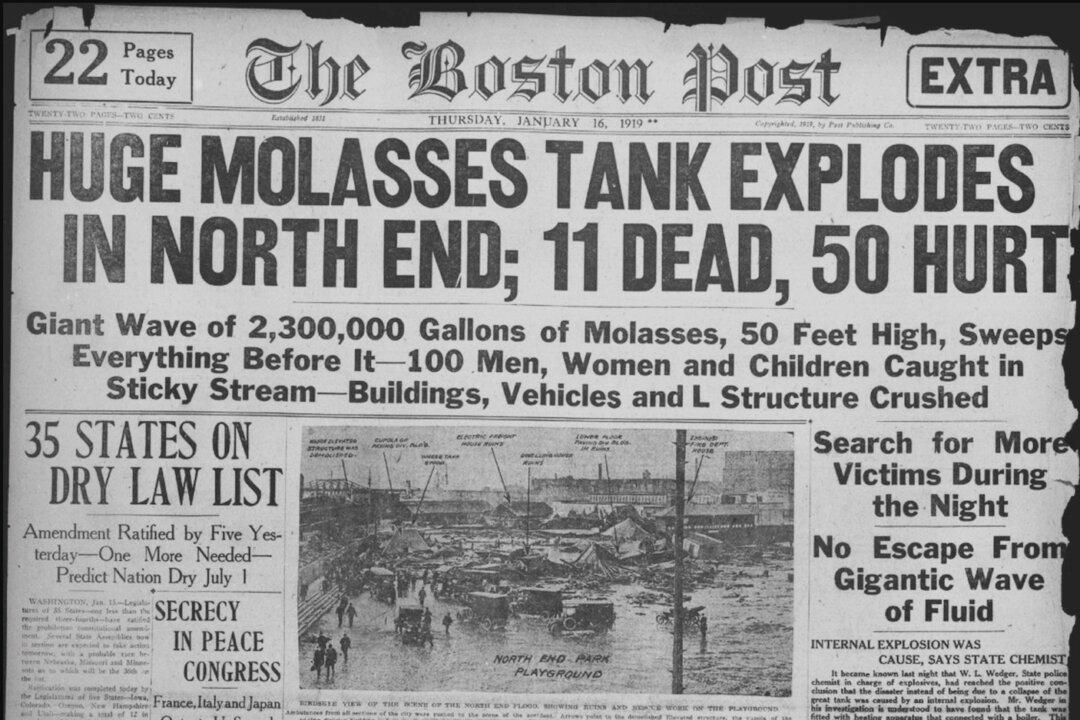There isn’t just one word that can describe famed American folk hero Will Rogers. Born on a ranch in Indian Territory in 1879, he became a cowboy, a ranch hand, a rodeo rider, a vaudeville performer, a film star, a columnist, an author, a public speaker, a humorist, a radio personality, and a social commentator. He was an early-20th-century sensation. Oklahoma’s favorite son became adored by the nation.
Rogers’s quips, quotes, and gems of wisdom live on today in the 21st century. “I never met a man I didn’t like.” “Well, all I know is what I read in the papers.” “Even if you’re on the right track, you’ll get run over if you just sit there.” “Don’t let yesterday use up too much of today.” “Worrying is like paying on a debt that may never come due.” “What the country needs is dirtier fingernails and cleaner minds.”





